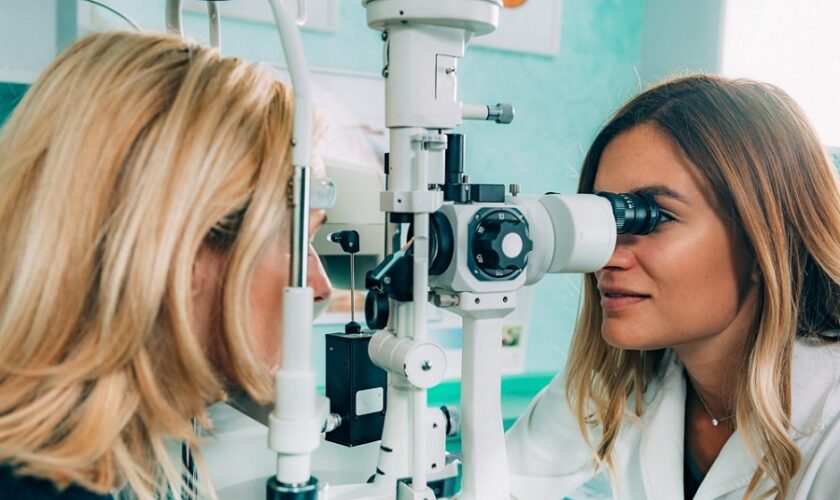Ophthalmoplegia is a medical condition. This tends to affect the eye muscles of the person. In this condition, a person’s eye muscles get weaker. Due to this, it becomes very difficult for him or her to control the positioning of the eyes. The condition can affect one of six muscles that hold the eye.
Ophthalmoplegia (กล้ามเนื้อตาอ่อนแรง, which is the term in Thai) is usually founded in people of two different types.
They are usually named inner ophthalmoplegia and external ophthalmoplegia. Both the different types have various conditions and consequences.
Chronic Internal Ophthalmoplegia
This condition arises when a person’s nerve fibers get weak. These nerve endings tend to coordinate with the lateral movement of the eyes. This condition leads to a double vision of a person’s eye sights. It also arises with various eye disorders.
External Ophthalmoplegia
This condition arises in adults with the age bracket of (18-40). The condition usually starts with the drooping of eyelids. It also provides difficulty in controlling the eye muscles. Which helps in controlling the movement of the eyes?
General Causes Of The Chronic Eye Condition
This condition is common in people since birth. It also tends to develop in later stages of life. Ophthalmoplegia usually happens when there is less clarity of the messages and signals. Which are sent from the brain to the eyes.
Muscle disorders and other mitochondrial issues are also the common causes of ophthalmoplegia.
Some other rare possible causes are here like. Migraine, muscle tissue bursting, weak eye muscles, brain injury, and strokes.
Symptoms Of Ophthalmoplegia
It is very important to have clarity about the symptoms of a particular condition. This helps in identifying the disease and start with the medication process correctly.
Here Are The Most Common Symptoms Of Ophthalmoplegia:
- Blurred Vision
- Double Vision
- Difficulty In Positioning The Eyes Right Place
- Difficulty In Holding The Eye Muscles
- Drooping Eyelids
- Severe Headache
- Difficulty In Moving The Eyes In All The Direction
If you tend to face such issues with your eyes. Make sure to consult and visit the doctor at the earliest. This usually happens with people who have diabetes. This can be diagnosed with a physical examination. You may undergo MRI or CT scan for detailed analysis. With the final reports, your doctor may suggest you the timeline. In which you will recover the eye condition easily. If the reason is also not identified, your doctor will ask you to go through blood tests.

